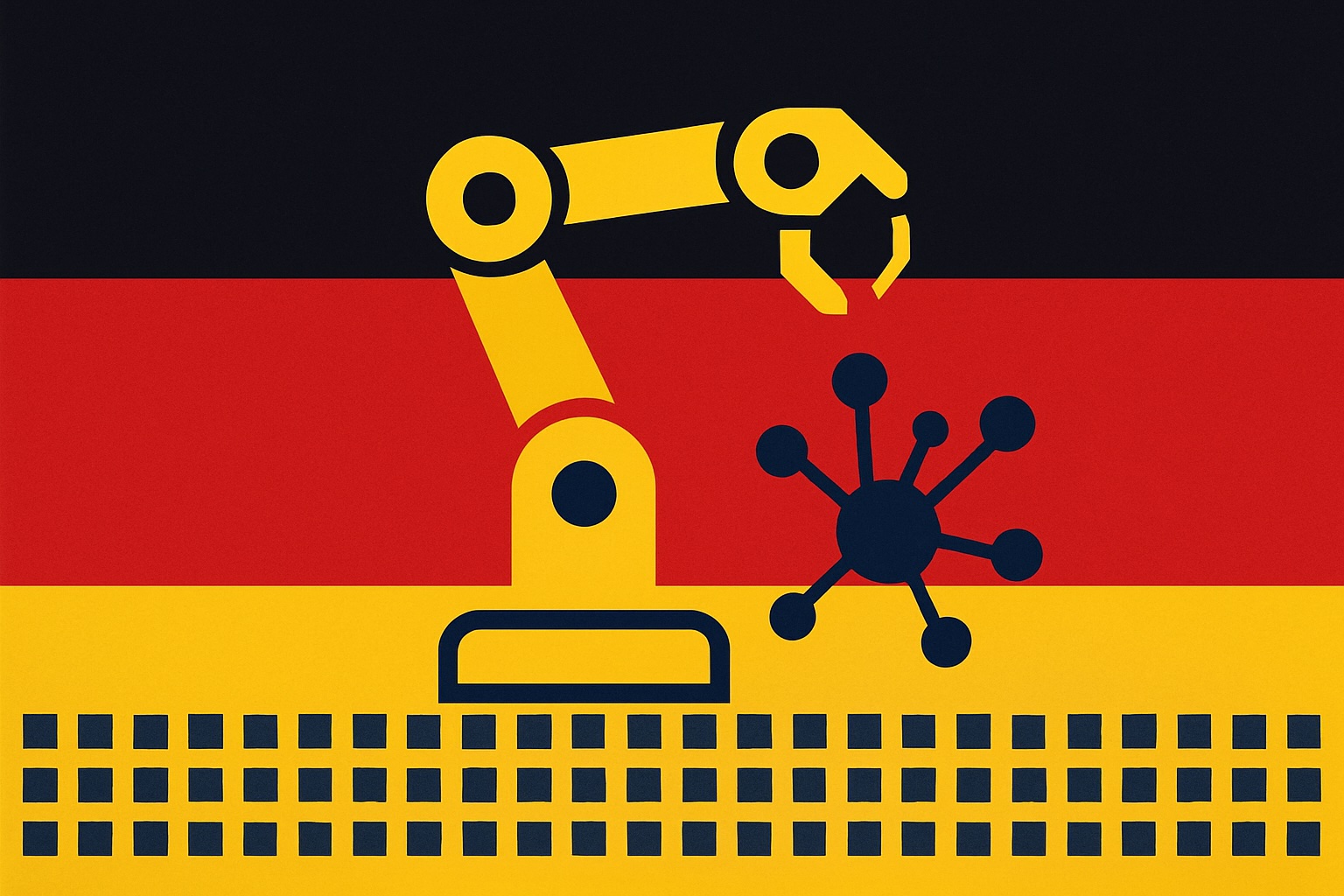Test-time Adaptation of Tiny Recursive Models
PositiveArtificial Intelligence
Test-time Adaptation of Tiny Recursive Models
A new paper highlights advancements in the field of artificial intelligence with the introduction of Tiny Recursive Models (TRM). This innovative approach, which utilizes a 7M parameter recursive neural network, has shown promising results on ARC tasks, achieving a score of 7.8% on the public ARC AGI II evaluation set. What makes this development particularly exciting is its potential to operate within the computational limits set by the upcoming 2025 ARC Prize competition, making it a significant step forward in AI research.
— via World Pulse Now AI Editorial System

